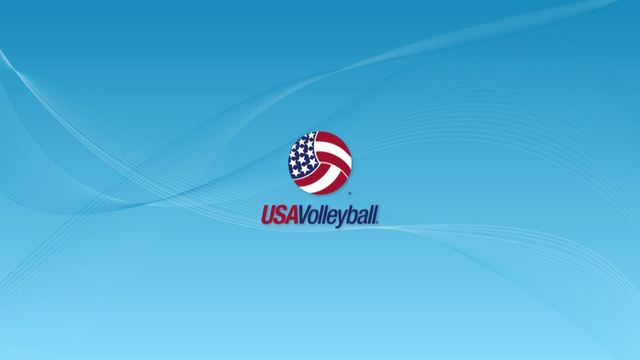
I have observed thousands of coaches presenting skill and drill ideas to others – both players and coaches – in the last 40 years of my coaching career, and have come to some observations to consider.
Coaches on the court like to hear themselves talk. And talk. And talk. Some practices you observe have coaches talking to their players more than 50 percent of the total training time. What a huge waste of time for these athletes needing to learn the game. I love to ask players at the end of such long talk practices what they learned. Invariably they can only recall 1-2 things, if any. Humans have a limited ability to process information. Coaches forget this motor learning principle nearly every practice.
Coaches too often tell their players what do to, rather than questioning them and guiding them to the answer. Coaches say they do this, then in their presentations, never ask the attendees a single question. I guess we are to do what we say, and not what we do…
Coaches love to say “gamelike” and “motor learning” when sadly they have no clue to the realities and truth in those terms. Let me give you an example – Coaches will toss to hitters, who are statically waiting already off the court – and call it “gamelike” I watched one Youtube “expert” showing a drill where the players on one side kicked the volleyball under the net, while the blockers were supposed to stand on the other side of the net, backs to the net, and look over their shoulder to intercept and “block” the rolling ball. All the while, the coach was pronouncing how “gamelike” the drill was as the blockers were learning to get in front of the ball flight….Coaches will stand on the ground, off the court, and spike balls at athletes and call it “gamelike” for teaching digging. For those who are understanding REAL gamelike training, this recent fact gathered from actual competition will make
Coaches are WAY too wrapped up in making players technically “perfect. WAY TOO MUCH. I believe it is in part so they have something to do in practice and matches, while the game is teaching the game. I have taken over 250,000 pictures of Olympic and Paralympic play, through college and high school, down to youth in the last 30 years. The vast majority of these moments in time, capture players who are technically imperfect. About 80 percent I would estimate. Great players who clearly know the right technique but, because they are in the wrong place and time to perform such, they make personal adjustments to make sure the principle of the ball going in/to the right place, happens.
Coaches say “I” too much – Maybe this is from the fact that while there is no “I” in team, there is in “win?” These coaches fail to understand that when you speak to your team by saying “we” and “us” that the team bonds get stronger and the confidence that my teammates will help better the ball if I make an error is developed.
Coaches complicate things way too much. I guess it tied into the “technical” side of things. In serve reception,” the ball knows angles” is a term that makes it simple. The ball does not know how old you are…what your legs are doing (question- can a double leg amputee Paralympian serve receive well?)…The famous “KISS” principle, of Keep It Simple Silly…applies in coaching and in playing technique, whenever possible. Thus Hugh McCutcheon can say “less is more.” I think Albert Einstein would have made a good coach as he has a great quote in “Make everything as simple as possible, but not simpler.”
So there are just some thoughts to consider on your journey to becoming the best teacher of this wonderful lifetime sport you can be…
Citius, Altius, Fortius,
John
